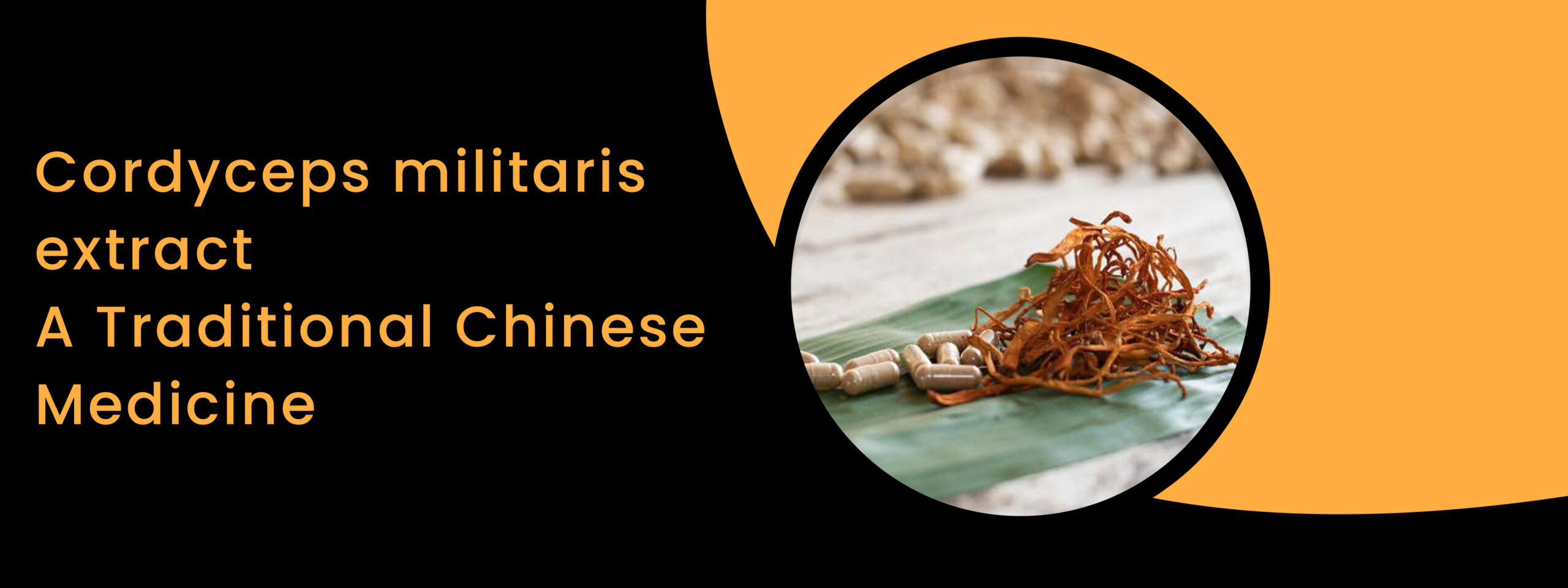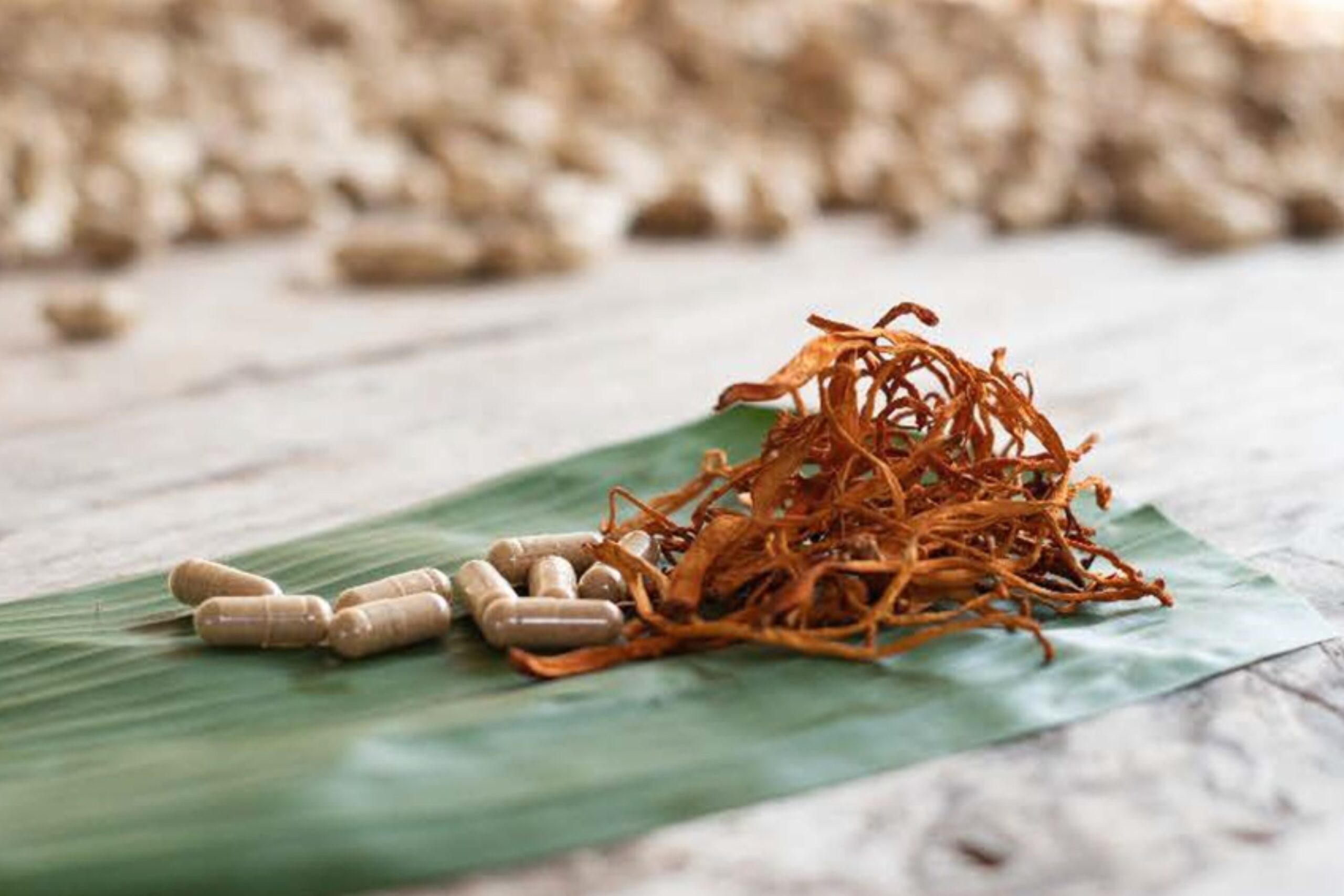
background
After contracting COVID-19, many individuals recover completely within a few days or weeks. However, for some, symptoms persist for extended periods, spanning weeks, months, or even years following the initial diagnosis. There are cases where individuals initially recover from COVID-19 only to experience a recurrence of symptoms or develop new ones within a few months. Surprisingly, even those who were asymptomatic during the initial infection may later manifest symptoms. Long-lasting symptoms can arise from both mild and severe cases of COVID-19.
No wonder Long COVID has been acknowledged as a concerning condition by WHO, NIH, and ICMR.
A global study discovered that in India alone, nearly 4 Crore people have experienced these long COVID symptoms since 2020, with the global figure exceeding 14 Crore. According to a study conducted by AIIMS, the prevalence of long COVID in India stands at a staggering 28.2% of those infected.

What is Long Covid?
Long COVID, also known as post-acute sequelae of SARS-CoV-2 infection (PASC), refers to a range of symptoms that persist for weeks or months after the acute phase of a COVID-19 infection has resolved. The symptoms can vary widely and affect different organ systems. Some common long COVID symptoms include:
- Fatigue: Persistent fatigue is a common symptom reported by individuals with long COVID.
- Shortness of Breath: Difficulty breathing or shortness of breath, even after the acute respiratory phase has passed.
- Cognitive Issues: Some people experience difficulties with concentration, memory, and other cognitive functions, often referred to as “brain fog.”
- Joint Pain: Long-lasting joint pain and muscle aches.
- Chest Pain: Persistent chest pain or discomfort.
- Headache: Recurrent or chronic headaches.
Loss of Smell or Taste: Some individuals continue to experience a loss of smell or taste even after the acute phase of the infection.
- Difficulty Sleeping: Insomnia or disrupted sleep patterns are reported by some individuals with long COVID.
- Heart Palpitations: Sensations of rapid or irregular heartbeats.
- Dizziness or Lightheadedness: Feeling dizzy or lightheaded can be part of long COVID symptoms.
A research paper from the Indian Council of Medical Research (ICMR) disclosed that 6.5% of patients hospitalised for moderate or severe COVID-19 died the following year. This marks the first time that the premier medical research agency in the country has quantified mortality among those unable to fully recover from COVID-19.
While the WHO estimates 10 to 20% of COVID patients develop prolonged symptoms, the ICMR study reports that over 17% of patients hospitalised after September 2020 experienced “post-COVID” conditions. These conditions encompassed fatigue, breathlessness, cognitive abnormalities, and brain fog.
The ICMR initiated its study prior to the WHO providing details on post-COVID complications, commonly referred to as “Long COVID.” This perplexing and challenging health condition, also known as post-acute sequelae of SARS-CoV-2 infection, affects individuals who have recovered from the acute phase of COVID-19.
Cordyva- a natural solution

Cordyceps is a type of fungus that has long been used in traditional Chinese medicine as tinctures and teas for the treatment of various diseases. There are mainly two species that are used for treatment: Cordyceps sinensis and Cordyceps militaris. Cordyceps has an effect on the immune system.
mechanism of action
- The anti-inflammatory potential of Cordycepin has been evident in many published reports. Cordycepin downregulates inducible nitric oxide synthase (iNOS), cyclooxygenase 2 (COX-2), and TNF-α gene expression via the suppression of nuclear factor-κB (NF-κB) activation and phosphorylation of protein kinases, i.e., Akt and p38.
- Cordyceps affects the immune system [22-24]. It increases the responsiveness and intracellular signalling in macrophages and antigen-presenting cells by getting spotted by toll-like receptors and c-type lectin receptors, natural killer cells, stimulates T-cells, increases the numbers of CD4+ and CD8+ cells, and increases the production of IFN-γ
- Cordyceps has been shown to protect the lungs from various pathological conditions, mainly through its anti-inflammatory effects [17,22,29]. In a study, patients with moderate to severe asthma performed better and had improved lung function and quality of life while taking Cordyceps supplements. The treatment group had a significant increase in AQLQ scores and lung function in comparison to the control group. The expression levels of the inflammation markers in the serum for IgE, ICAM-1, IL-4, and MMP-9 were decreased, and IgG was increased in the treatment group in comparison to the control group
- Another study showed that asthma patients who were on Cordyceps supplements had lower levels of lab markers for airway inflammation compared to those who were not on the supplement.
- Cordyceps has also been shown to improve lung function in COPD patients. In a rat model, cordyceps showed reduced airway thickening, inflammatory cell buildup, and cytokine production. Animal studies also suggested that Cordyceps may help protect the lungs from cigarette smoking damage.
- Immune system support
- Energy and stamina enhancement
- Adaptogenic properties
- Antioxidant effects
- Respiratory health

- Anti-inflammatory properties
- Anti-aging claims
- Blood sugar management
- Cholesterol management


